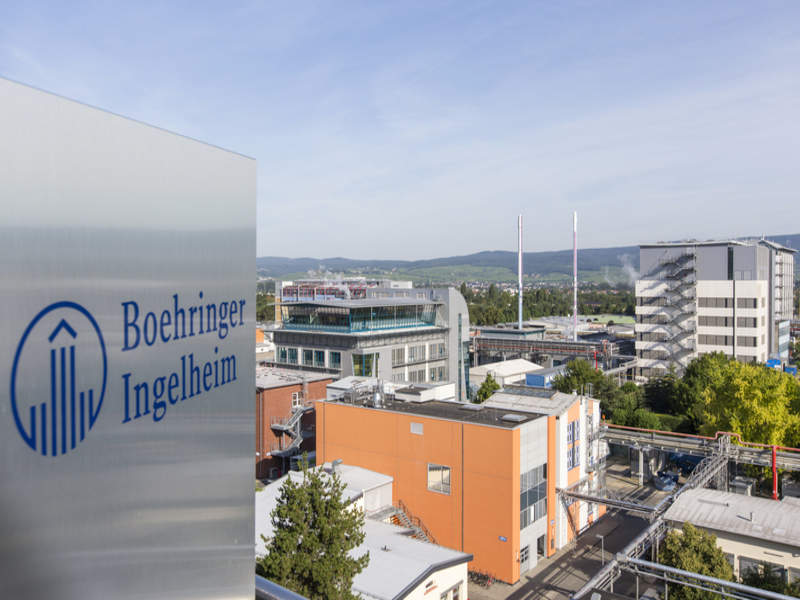

Boehringer Ingelheim Pharmaceuticals, a US subsidiary of German-based Boehringer Ingelheim, has initiated the Phase II trial of afatinib (Gilotrif) and pembrolizumab (Keytruda) combination to treat patients with locally advanced or metastatic squamous cell carcinoma (SqCC) in the lung.

Discover B2B Marketing That Performs
Combine business intelligence and editorial excellence to reach engaged professionals across 36 leading media platforms.
Afatinib is an oral tyrosine kinase inhibitor (TKI) designed to target cancer cells from within and block the signals required for tumour growth.
Being conducted in collaboration with a subsidiary of Merck, the Phase II trial will evaluate the efficacy and safety of afatinib and pembrolizumab combination in approximately 60 patients.
Boehringer Ingelheim Pharmaceuticals clinical development and medical affairs specialist care vice-president Martina Flammer: "This collaboration will provide invaluable information about the use of afatinib and pembrolizumab in combination to treat squamous cell carcinoma of the lung.
"Furthermore, the trial underscores our commitment to continually investigate novel approaches for cancer treatment."

US Tariffs are shifting - will you react or anticipate?
Don’t let policy changes catch you off guard. Stay proactive with real-time data and expert analysis.
By GlobalDataThe trial will assess progressed or relapsed patients on or after platinum-based chemotherapy who have not undergone therapy with an anti-PD-1, PD-L1/L2 antibody, other checkpoint inhibitor or anti-EGFR targeted therapy.
The dose and tolerability of afatinib in combination with the standard dose of pembrolizumab will be determined along with the measurement of reduction in tumour size and objective response rate.
The anti-tumour activity of the combination will be established by evaluating the disease control, duration of response, progression-free survival (PFS), and overall survival (OS).
Afatinib has received approval in the US, European Union (EU) and other markets for lung SqCC patients, while pembrolizumab is approved in the US, EU, Japan and other markets to treat previously untreated patients with metastatic non-small-cell lung cancer (NSCLC).
Image: Boehringer Ingelheim factory premises in Ingelheim, Germany. Photo: courtesy of Boehringer Ingelheim.





